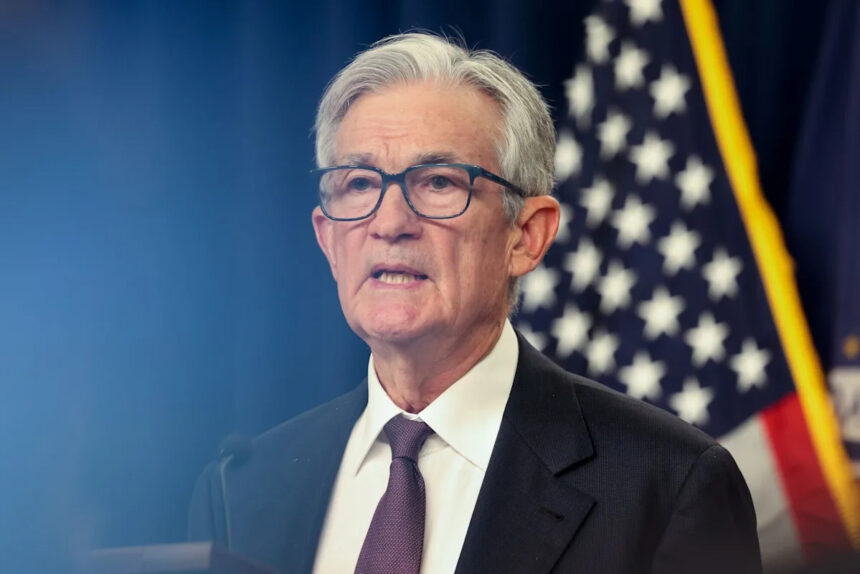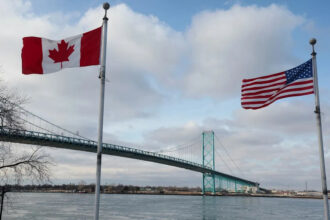In a high-stakes gathering overshadowed by mounting economic friction, G7 finance ministers convened Tuesday in Stresa, Italy, with the urgent task of addressing escalating trade tensions between the United States and key allies. The picturesque Lake Maggiore setting belied the complex challenges facing the world’s most advanced economies as they navigate an increasingly fractured global economic landscape.
The summit comes at a particularly delicate moment, as European and Asian nations have voiced growing concern over President Biden’s protectionist policies, which many view as a continuation of the Trump-era “America First” approach, albeit dressed in different rhetoric. French Finance Minister Bruno Le Maire didn’t mince words before the meeting, stating that “European industries are suffering under the weight of American subsidies while simultaneously facing Chinese competition.”
At the heart of the dispute lies the Inflation Reduction Act, which provides substantial tax incentives for U.S.-made electric vehicles and clean energy products. The legislation has drawn sharp criticism from traditional allies who argue it unfairly disadvantages their manufacturers. Japanese Finance Minister Shunichi Suzuki echoed these sentiments, noting that “protectionist measures ultimately harm innovation and global growth potential.”
The meeting’s agenda, co-chaired by U.S. Treasury Secretary Janet Yellen and Italian Finance Minister Giancarlo Giorgetti, aims to address not only trade frictions but also other pressing issues including debt sustainability in developing nations and financing for Ukraine’s defense against Russian aggression.
“We cannot allow differences over trade policy to undermine our unified front on more existential challenges,” remarked Canadian Finance Minister Chrystia Freeland in what observers described as an attempt to bridge deepening divisions. Canada, with its deeply integrated economic ties to the United States, finds itself in a particularly precarious position, balancing alliance loyalty with protecting domestic industries.
The summit also comes amid troubling economic indicators. Recent data from European markets shows manufacturing contraction for the twenty-third consecutive month, while Japanese exports have declined for the fourth straight quarter. Meanwhile, U.S. economic growth, while slowing, continues to outpace most G7 counterparts.
German Finance Minister Christian Lindner emphasized the need for coordinated action rather than competitive policies: “We must return to our commitment to free and fair trade principles. Fragmentation only benefits those who don’t share our values or economic systems.” His comments pointedly referenced concerns about China’s growing economic influence amid Western disunity.
Even as ministers struggle to find common ground on trade issues, they face mounting pressure to address what UN Secretary-General António Guterres has called a “crisis of multilateralism.” With global political tensions rising and economic nationalism gaining traction in many democracies, the G7’s ability to forge consensus carries implications far beyond immediate trade disputes.
“The fracturing we’re witnessing isn’t merely about tariffs or subsidies,” explained Oxford economist Patricia Thornton. “It reflects a deeper uncertainty about who benefits from globalization and whether the post-war economic order remains viable in today’s multipolar world.”
As the summit concludes Wednesday, ministers will issue a joint communiqué that analysts will scrutinize for signs of compromise or continued division. The question remains: in an era of increasing economic nationalism, can the G7 recapture the spirit of cooperation that once defined its approach to global challenges, or are we witnessing the slow unraveling of the international economic order established after World War II?

























